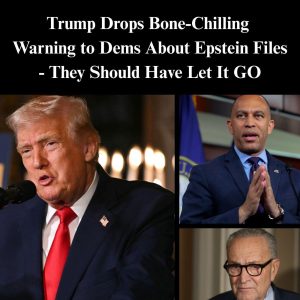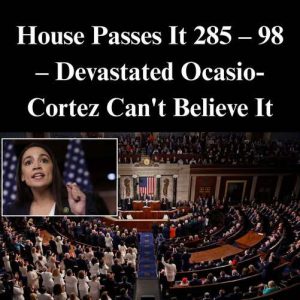Trump Administration Issues Ultimatum to Big Pharma In a dramatic escalation of his long-running battle with the pharmaceutical industry, President Donald Trump’s administration has issued a 60-day ultimatum to major drug companies: either reduce prescription drug prices for Americans or face sweeping federal intervention. The move marks one of the administration’s most aggressive attempts yet to tackle the issue of...






https://t.me/s/flagman_official_registration